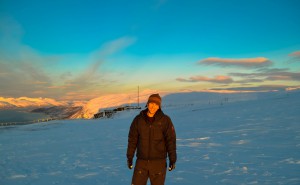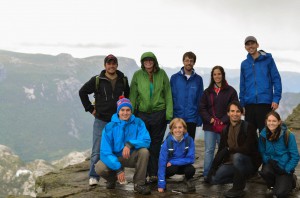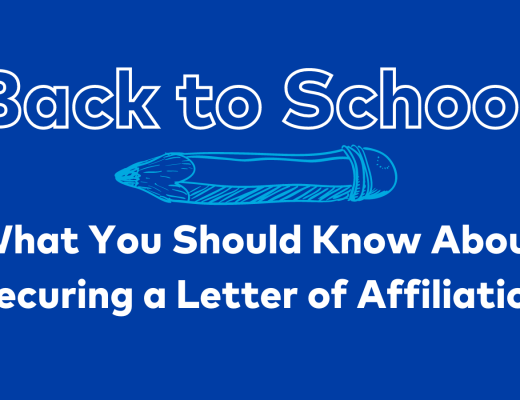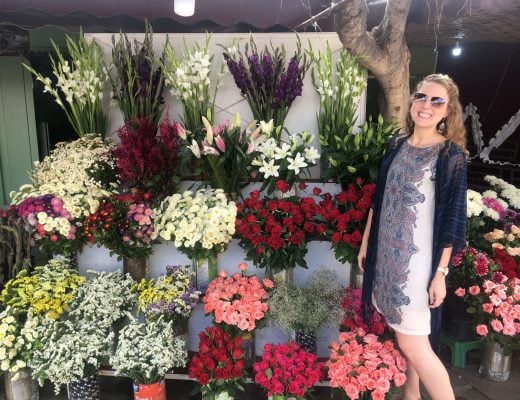I thought of myself as an unconventional candidate for a Fulbright grant. After all, I was in my late twenties and only a part-time graduate student. But I thought of myself as curious person with a deep appreciation for travel – a hardworking student, with a genuine interest in better understanding my own Scandinavian heritage. As I’ve come to learn, there is no “conventional” Fulbright candidate.
My Fulbright application was designed around a “Capstone research project,” the final requirement of my graduate program. My study focused on the market effects of Norway’s energy rating scheme for buildings (read: energy efficiency report card for your home), and I was fortunate to have secured an affiliation with the University of Oslo’s Center for Development and the Environment. The Center has a strong reputation for its research – equally important; it has a long history of assembling international perspectives on pressing environmental issues.
I recall my first dinner at a colleague’s home, about three weeks into my stay. I arrived at a small apartment situated about 10 kilometers north of Oslo. It was a cool September evening, and dusk was just settling in over the city.
Two knocks on the door, and it promptly opened. I was led into the living room by my colleague, a middle-aged woman, to find three small tables pulled together to accommodate a half dozen dinner guests. Chairs had been gathered from all corners of the modest apartment and neatly assembled around the table. After a cold drink and quick round of introductions, we settled down for an Asian-inspired meal: a shared “hot pot” with a table full of meats, seafood and vegetables meticulously chopped and arranged. I pulled my chair up to the table and looked around to catch eyes of each of the six others. The host was flush from all her preparation, but sat back with a satisfied smile on her face.
As we took turns complimenting the spread, I noted the diversity of the group. Each guest had come to Oslo from a different corner of the world, and varied widely in age and study. For me, this was the first time I felt I was fulfilling the entire mission of the Fulbright Program ─ one which is far broader than research and academic affiliations.
For the next three hours, we traded stories, bouncing from one topic of conversation to the next. We shared memories of growing up in our home countries, discussed world events, and opined on politics, taxes and government. The conversation was respectful, and thought-provoking, and enlightening. Over after dinner drinks, I took pause, feeling encouraged and inspired by the value of casual conversation. I was grateful to associate these wonderful people with new ideas and fresh perspectives from regions of the world I had never been.
My Fulbright grant has undoubtedly benefited my cultural awareness. But less predictably, my time abroad also challenged me to be more in touch with my own American ethos. As an American abroad, I was often asked to provide U.S. perspectives, or rationalize U.S. events. In that way, the experience really helped me to reflect on my own values and broaden my sense of self.
My advice to grantees is to be prepared to take full advantage of your time abroad. Interesting opportunities will inevitably present themselves. It is impossible to fully plan your Fulbright year, so embrace the uncertainty. I found that it was important to set aside unscheduled time to take advantage of the unexpected.
Also, consider dedicating some time to keep up on U.S. news. You may well be one of the few Americans your friends or colleagues have ever met. In my experience, people were very interested to discuss U.S. current events. Anticipate these conversations and bring an informed perspective. These are great opportunities to share more about where you’re from; remember that cultural exchange is a two-way street!





No Comments